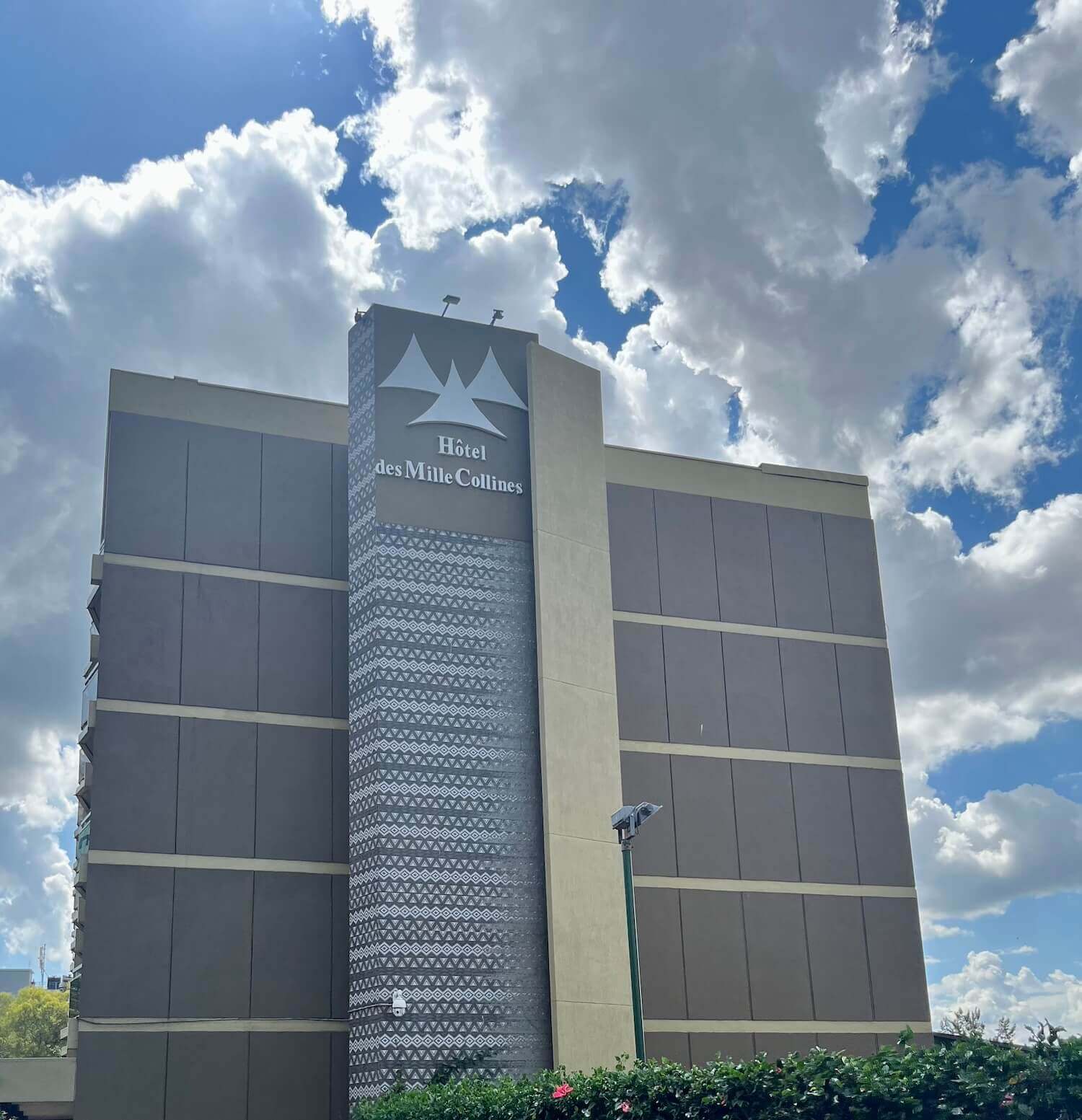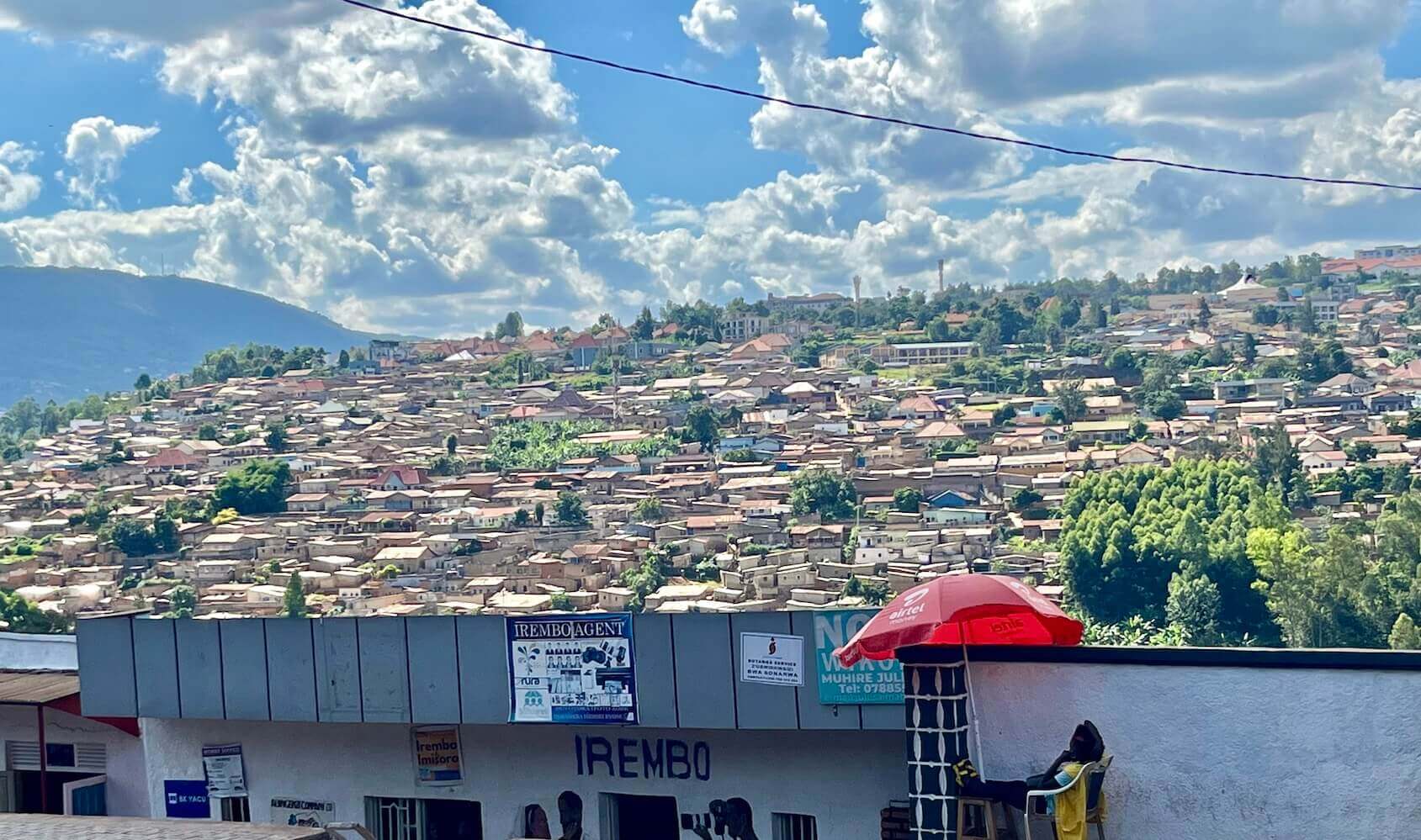
I visited Rwanda in May 2024, as part of my East Africa trip with my friend from university Allen Liu. Rwanda initially felt less poor than many other countries in the region. This impression was shattered when, on a walk to the bus station, I offered some Indian snacks to a child we passed by. Before I knew it, every child within a 100m radius was stretching out their arms asking for food. A highlight of the trip was exploring Kigali with Nathalie, a brilliant and entrepreneurial Congolese woman who had moved to Kigali to expand her business. Our guide from the DRC connected us with her, and we ended up getting along wonderfully. Rwanda left me with mixed feelings – it seems to be under a dictatorial regime that does not allow freedom of expression, but at the same time the result is a highly unified country that is organized impressively and developing very fast.
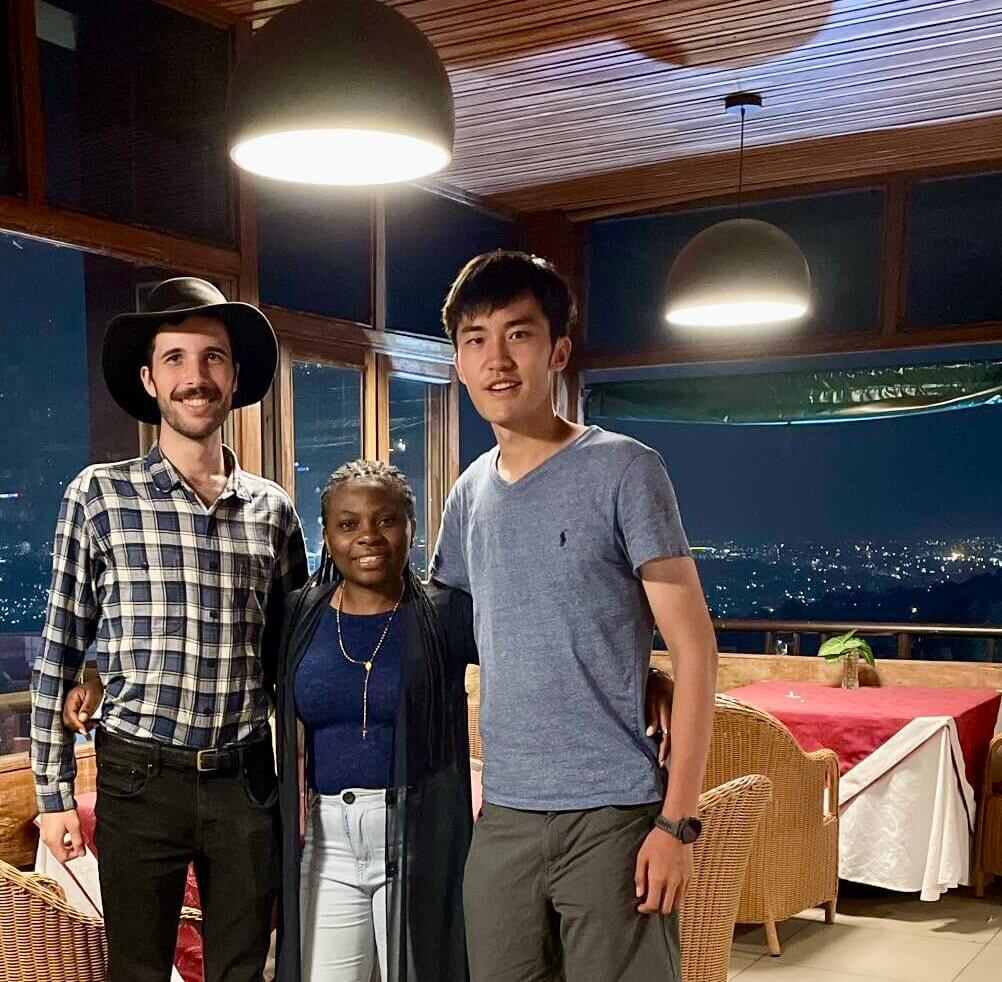
Kigali is a city of hills. This made it difficult to walk anywhere, partly because the roads are windy and indirect, and partly because my calves kept going on strike to protest the uphill sections. I was impressed at how orderly the city was – cars respected the traffic lights, and motorcycle taxis only accepted one passenger at a time, requiring them to wear a helmet. The city was quite clean and well maintained, and I loved how green and tree-filled its center was. Walking around the city felt very safe, even at night.
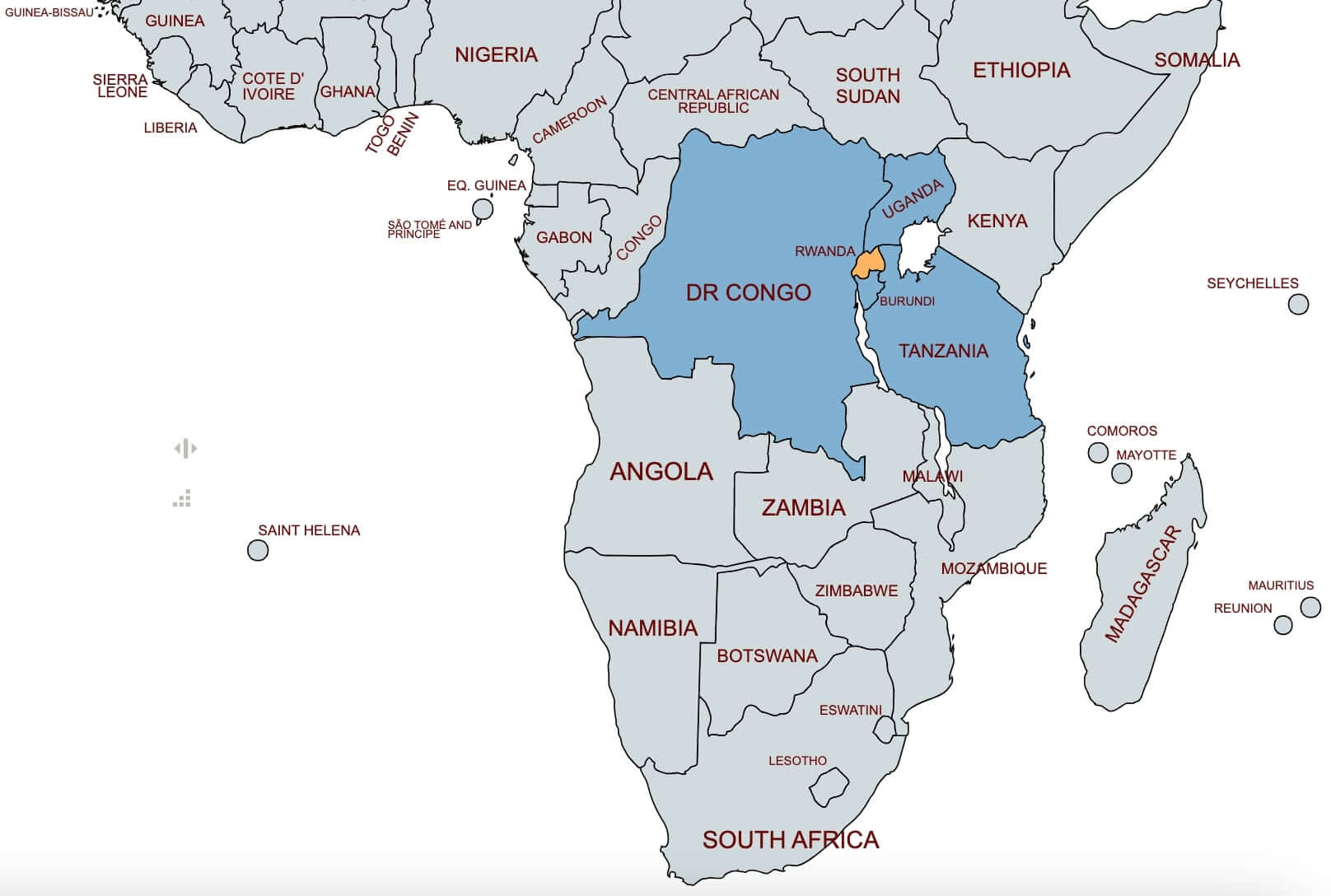
Rwanda is one of the few countries in Africa whose borders have not drastically changed since the pre-colonial era. Unlike most other nearby nations, Rwanda is almost entirely composed of the Banyarwanda people, who speak Kinyarwanda and are made up of the Hutu, Tutsi, and Twa groups. The country fell under German influence starting in 1897 but was handed to Belgium in 1922 by the League of Nations. Both colonial powers exacerbated ethnic tensions by favoring the minority Tutsis over the majority Hutus. For example, apparently being a Tutsi was considered more of a status than a race in the pre-colonial era – successful and acclaimed Hutus could become Tutsis. However, the Belgians imposed an identity card system that cemented these labels into racial status.
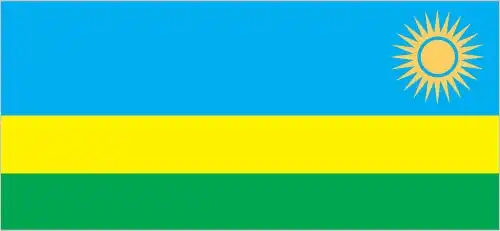
Rwanda gained independence in 1962. The Hutu Gregoire Kayibanda took power and abolished the traditional Tutsi monarchy. Kayibanda was overthrown and killed by his own defense minister Juvenal Habyarimana in 1973. Under both presidents, Tutsis were persecuted, and many fled the country. In 1987, the Rwandan Patriotic Front (RPF) was created by Tutsi exiles in Uganda. In 1990, the RPF started launching attacks into Rwanda, starting the Rwandan Civil War. The Arusha Peace Accords of 1993 paused hostilities. However, in April 1994, President Habyarimana’s plane was shot down, and he died. It is still unclear whether this assassination was carried out by the RPF or by Hutu extremists. His death started the Rwandan Genocide of Tutsis and moderate Hutus by the Hutu Interahamwe militia. Over 800,000 people died, including 75% of Rwanda’s Tutsis. By July 1994, the RPF led by Paul Kagame took control of the country and stopped the genocide. Kagame has remained in power ever since.
We visited both the Genocide Museum and the Museum for the Campaign Against Genocide. These were some of the most unsettling experiences of our journey. Everything I learned was atrocious. I did not speak to a single Rwandan who had not lost a family member in this genocide. In addition to the killings, hundreds of thousands of Tutsi women were raped. The day that President Habyarimana’s plane was shot down, the Interahamwe killed his Hutu Prime Minister Agathe Uwilingiyimana, along with her husband and the 10 UN Belgian peacekeepers assigned to them. The international community did not act to stop these horrors, and France's decision to create a safe zone in Rwanda’s southwest right when the RPF was gaining the upper hand allowed the Interahamwe to regroup and escape into the DRC.
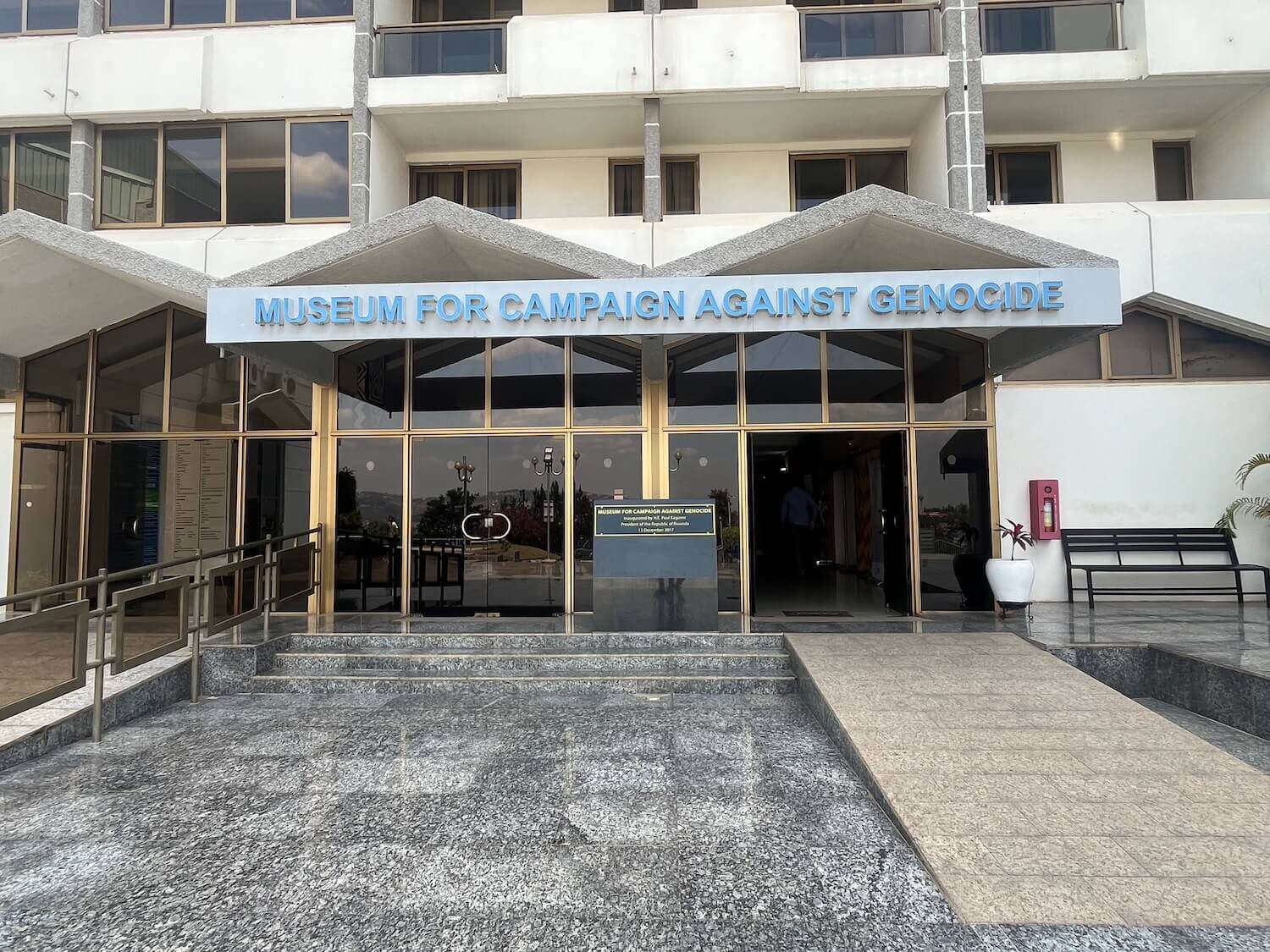
Kigali’s dome-shaped convention center is a modern and futuristic symbol of the city’s development. As a visitor, Rwanda felt very safe, and its economy seems to be rapidly developing, and it appears to be a democracy on the surface, but it was clear to me that the nation is a hidden autocracy. Every Rwandan we met viewed Kagame very favorably, and none criticized him. I suspect this is partly because he drastically reduced crime and corruption and increased safety, and partly because they know they can be imprisoned if they speak out against him. I also noticed how the Rwandan regime unites the nation through its messaging. The museums we visited claimed that the Hutu and Tutsi distinction did not exist before the Belgian rule, allowing Hutus to blame their former colonial rulers for making an artificial separation. The government strongly discourages people from identifying as Hutu or as Tutsi – the only term they should identify with is Rwandan. Although this feels like propaganda, I appreciate that this is being used to unite and heal this once-fractured nation.
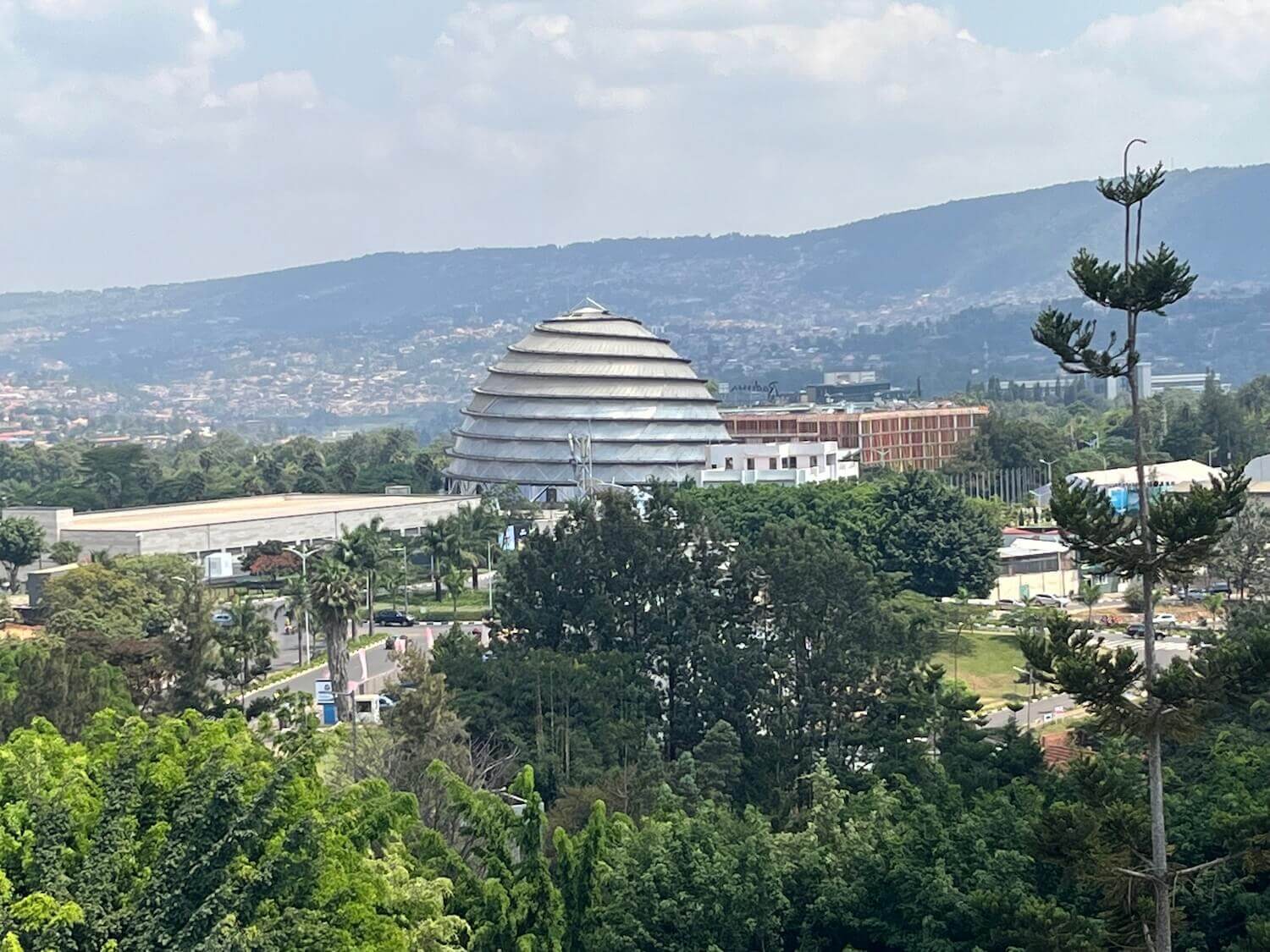
The Hotel des Mille Collines is a famous hotel in Kigali. During the Rwandan genocide, it served as a refuge for over 1,200 Rwandans fleeing the violence. The hotel manager Paul Rusesabagina bribed the Interahamwe militias to ensure that they would not kill its residents. These exploits would later be dramatized in the 2004 film Hotel Rwanda. After the genocide, Rusesabagina moved to the United States, and became an outspoken critic of Paul Kagame’s government. In 2020, Rusesabagina boarded a charter flight that was supposed to take him to Burundi. The Rwandan government arranged for it to land in Rwanda instead, where Rusesabagina was arrested and convicted of terrorism. Although he was sentenced to 25 years in prison, he was released in 2023 due to international pressure.
